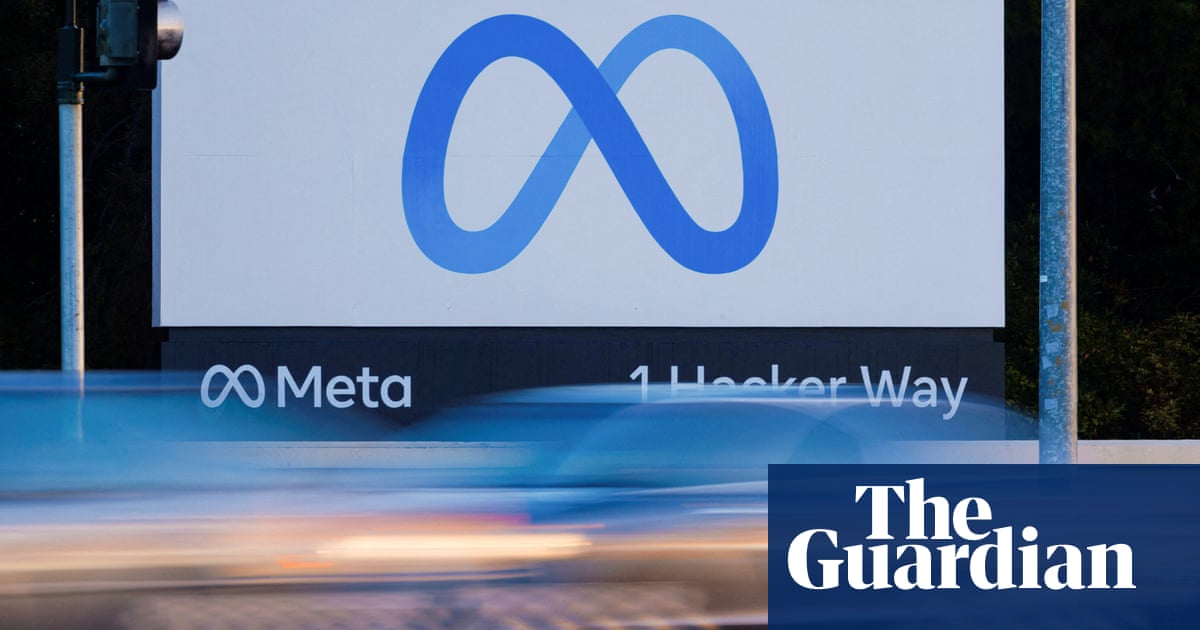The recent announcement from Meta regarding its agreement with Constellation Energy marks a significant move in the intersection of technology and energy. This deal to operate a nuclear reactor for 20 years highlights the growing need for reliable and sustainable power sources to meet the increasing demands of artificial intelligence and data centers.
Strategic Purpose of the Announcement
This development signals Meta's commitment to sustainable energy practices, particularly in light of rising electricity demands driven by AI technologies. By partnering with a nuclear facility, Meta positions itself as a leader in corporate responsibility towards environmental concerns, potentially enhancing its public image and shareholder confidence. The strategic nature of this deal also suggests that Meta is looking to secure long-term energy stability, which is crucial for its operations.
Public Perception and Messaging
The news aims to craft an image of progressiveness and responsibility in energy consumption. By aligning with a low-emission energy source, Meta is likely trying to shift public perception towards a more favorable view of nuclear energy, which has historically been met with skepticism due to safety concerns. This announcement might also serve to encourage other tech companies to follow suit, creating a ripple effect in the industry that could bolster support for nuclear energy as a viable option.
Potential Omissions and Underlying Issues
While the focus is on the positive implications of this deal, there may be underlying issues that are not being fully addressed. For instance, the potential risks associated with nuclear energy, such as waste management and the implications of past nuclear accidents, may be downplayed in favor of promoting a more favorable narrative. If there are significant concerns regarding the safety or environmental impacts of nuclear energy, these are not prominently featured in the announcement.
Comparative Context
In the broader context, other tech companies like Google and Microsoft are also entering into similar agreements with nuclear facilities. This trend suggests a collective shift among major players in the tech industry towards securing stable and sustainable energy sources. The interconnectedness of these announcements indicates a strategic alignment across the sector, where the tech industry is increasingly leaning towards nuclear energy as a solution to power-intensive operations.
Impact on Society, Economy, and Politics
The implications of this deal extend beyond Meta and Constellation Energy. It could influence public policy discussions surrounding energy production, potentially leading to increased support for nuclear energy initiatives. This in turn may affect local economies, especially in regions where nuclear plants operate, as they may experience growth and job creation associated with such agreements. Additionally, as public opinion shifts, it could lead to political movements advocating for a more significant investment in nuclear energy infrastructure.
Target Audience and Support Base
The article seems designed to appeal to environmentally conscious consumers, tech-savvy individuals, and investors looking for sustainable business practices. By highlighting its commitment to clean energy, Meta may attract support from communities that prioritize environmental sustainability.
Market Implications
This announcement could have implications for stock markets and energy sectors, particularly for companies involved in nuclear energy. Investors may view Meta's deal as a positive indicator of the tech industry's commitment to sustainable practices, potentially influencing stock prices and investments in related sectors.
Geopolitical Considerations
While this news may not have immediate geopolitical implications, it contributes to the broader narrative of energy independence and sustainability in technology. As countries and corporations strive for cleaner energy sources, such agreements could play a role in shaping future energy policies and international relations.
Role of AI in News Production
While it is unclear if AI was directly involved in the writing of this article, the structured presentation and focus on specific details suggest a potential influence of AI in shaping the narrative. AI tools may assist in generating reports and analyses that align with corporate messaging strategies, emphasizing certain aspects while omitting others.
In summary, while the article presents a largely positive view of Meta's agreement with Constellation Energy, it is essential to consider the broader implications, potential public perception shifts, and the underlying complexities of nuclear energy. The reliability of the information is reinforced by the involvement of recognized companies and the ongoing discourse surrounding energy sustainability.
